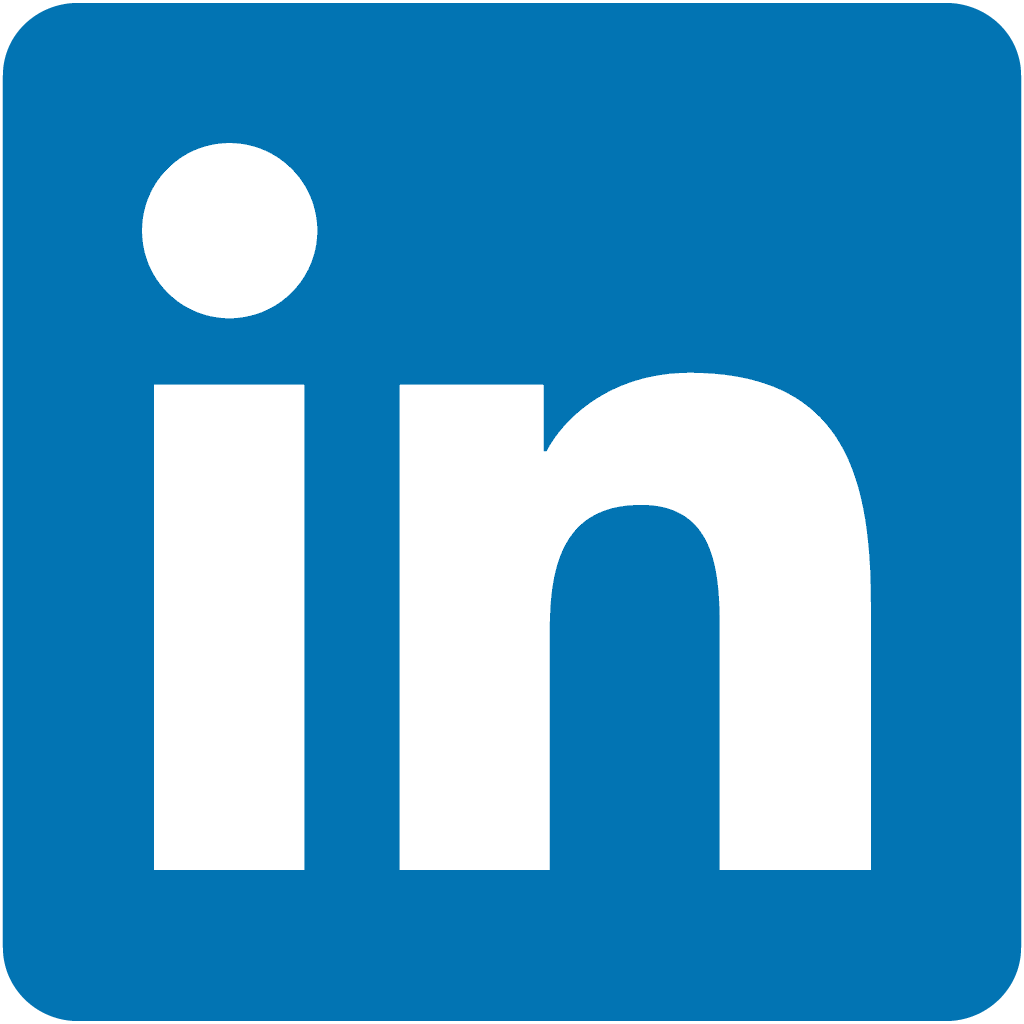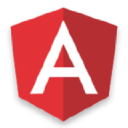On Building A Cloud-Based Architecture SaaS
Hi! My name is Tengiz, and I’m a founder of Archipeg - Cloud-based Digital Architecture Software. Founded in late 2020, Archipeg aims to make Enterprise and Solution Architecture accessible to everybody, simplify knowledge collection and sharing, and drive change. While these statements may be too fancy, simply speaking, we want to become the “JIRA of architecture.”
Archipeg is a Software-as-a-Service (SaaS) that operates via a subscription model. Archipeg is not limited to technical users, although they will see most benefits initially since the tool allows designing and diagramming software solutions and systems. Among the supported approaches and paradigms are the well-known C4 model and Domain-Driven Design. In the grand schema of things, everybody within a company could join a single Archipeg account and start consuming and contributing to the knowledge, all-things architecture, and high-level systems thinking.
In today’s world, companies of all sizes go digital, they build software solutions and integrate systems to deliver business value. Knowledge is complex and everywhere, entangled in legacy organization structures and ivory towers. We want to put the power into everybody’s hands by centralizing the architecture knowledge repository and providing...

Download the report and join our email newsletter packed with business ideas and money-making opportunities, backed by real-life case studies.

Download the report and join our email newsletter packed with business ideas and money-making opportunities, backed by real-life case studies.

Download the report and join our email newsletter packed with business ideas and money-making opportunities, backed by real-life case studies.

Download the report and join our email newsletter packed with business ideas and money-making opportunities, backed by real-life case studies.

Download the report and join our email newsletter packed with business ideas and money-making opportunities, backed by real-life case studies.

Download the report and join our email newsletter packed with business ideas and money-making opportunities, backed by real-life case studies.

Download the report and join our email newsletter packed with business ideas and money-making opportunities, backed by real-life case studies.

Download the report and join our email newsletter packed with business ideas and money-making opportunities, backed by real-life case studies.






















